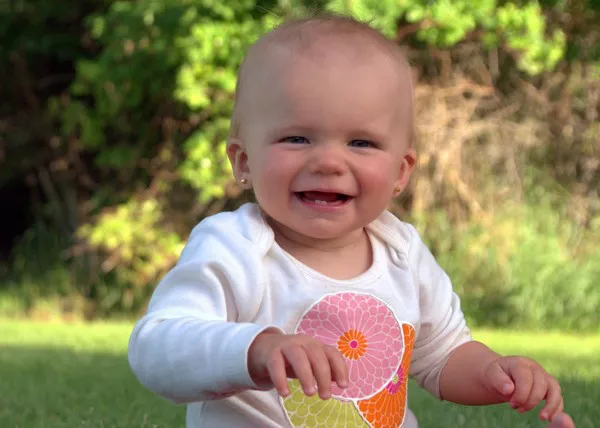Causes and symptoms of newborn colds:
Newborns are susceptible to colds due to their developing immune systems. The most common cause is viral infections, such as the rhinovirus, respiratory syncytial virus (RSV), or influenza virus. Symptoms of a cold in a newborn may include a runny or stuffy nose, sneezing, coughing, mild fever, fussiness, and reduced appetite. It’s essential to differentiate cold symptoms from more severe illnesses like pneumonia or bronchiolitis, which may present with rapid breathing, wheezing, or difficulty breathing.
Safe and effective home remedies:
Nasal hygiene: Clearing a newborn’s congested nose can help them breathe more comfortably. Using saline drops or spray can moisturize and loosen mucus, making it easier to remove with a bulb syringe. Administer saline drops by placing a few drops in each nostril before gently suctioning with the bulb syringe.
Humidifier usage: Adding moisture to the air with a humidifier can ease nasal congestion and soothe irritated airways. Opt for a cool-mist humidifier, which is safer than warm-mist versions, especially around curious infants. Place the humidifier in the baby’s room, but out of reach, and clean it regularly to prevent mold or bacteria growth.
Comfort measures: Elevating the baby’s head while sleeping can help with drainage and breathing. Use a firm mattress with no pillows or loose bedding to reduce the risk of suffocation. Ensure proper hydration by offering breast milk or formula frequently. Adequate fluids can help thin mucus and prevent dehydration.
Medications to avoid:
It’s crucial to avoid over-the-counter cold medications for newborns. These products may contain ingredients unsuitable for infants and could pose serious risks, including overdose or adverse reactions. Always consult a healthcare professional before giving any medication to a newborn.
When to see a doctor:
While most newborn colds resolve on their own within a week, certain symptoms warrant immediate medical attention. Seek medical help if your newborn has a high fever (over 100.4°F or 38°C), difficulty breathing, persistent coughing, wheezing, lethargy, or refuses to feed. These could be signs of a more severe respiratory infection requiring medical intervention.
Product recommendations:
When it comes to products for newborns, safety is paramount. Opt for reputable brands known for their quality and safety standards. For nasal saline drops, brands like Little Remedies and Boogie Mist are popular choices among parents. As for bulb syringes, brands like NoseFrida and Munchkin offer effective options designed specifically for newborns.
For humidifiers, consider brands like Crane, Honeywell, or Vicks, known for their reliability and safety features. Look for models with adjustable humidity settings and easy-to-clean components.
Conclusion:
Finding a pediatrician or healthcare provider for your newborn is essential for their ongoing care. Utilize online resources like pediatrician directories or healthcare provider databases to locate professionals in your area. Additionally, ask for recommendations from friends, family, or local parenting groups for trusted healthcare providers in your community.
By following these tips and recommendations, you can help alleviate your newborn’s discomfort during a cold while ensuring their safety and well-being. Remember to always consult with a healthcare professional for personalized advice and guidance tailored to your baby’s specific needs.
FAQs
What to do if a newborn is cold?
Keep your newborn warm by dressing them in layers, swaddling them snugly, and ensuring the room temperature is comfortable. Use lightweight blankets or sleep sacks. Avoid overheating by checking for signs like sweating or flushed skin.
What medicine is good for newborns with a cold?
Consult a pediatrician before giving any medication to a newborn. Saline nasal drops can help clear congestion. Acetaminophen may be recommended for fever, but always follow dosage instructions carefully. Never give cough or cold medication to infants without a doctor’s approval.
How long does a cold last in newborns?
A cold in newborns typically lasts around 7 to 10 days, but symptoms may persist for up to two weeks. However, if symptoms worsen or last longer, or if your newborn develops a fever, seek medical attention promptly to rule out any complications.
Related topics:
- How to Clear a 3-Month-Old’s Stuffy Nose: A Comprehensive Guide
- Clearing a 1-Month-Old Stuffy Nose: Tips for Infants & Adults
- The Journey from Cold to RSV: A Comprehensive Guide


